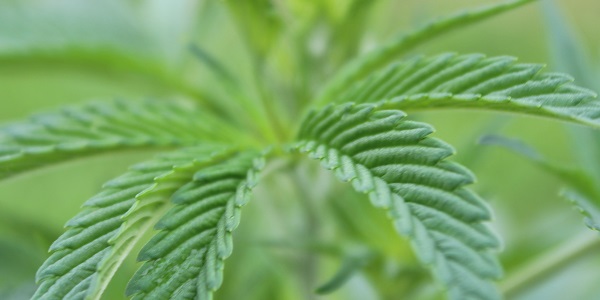
By Nina Gage, VAAFM
Hemp is an agricultural product and its production is an exciting new market opportunity for Vermont farmers. While many farmers are aware of water quality regulations, folks planning to grow hemp this season may be new to the Vermont’s non-point source pollution control regulations.
The Required Agricultural Practices (RAPs) are intended to improve the quality of all Vermont’s waters by reducing and eliminating erosion, sediment losses, and nutrient losses through improved farm management techniques, technical and compliance assistance, and where appropriate, enforcement.
The RAPs establish manure, and waste storage standards, make recommendations for soil health, and establish requirements for perennially vegetated buffer zones and livestock exclusion from surface water. In addition, the RAPs establish nutrient management planning standards, and standards for soil conservation.
Any farm operation that meets one of the thresholds below is required to comply with the RAPs:
- Has produced an annual gross income from the sale of agricultural products of $2,000.00 or more;
- Is preparing, tilling, fertilizing, planting, protecting, irrigating, and harvesting crops for sale on a farm that is no less than 4 contiguous acres in size; or
- Has filed a 1040(F) tax statement in at least one of the past two years; or
- Has a prospective business or farm management plan approved by the Secretary.
If you meet any of the criteria above, your operation is required to comply with the standards set forth in the RAPS. This includes managing on-farm nutrients, adjusting rates based on manure or waste analysis, soil sampling fields receiving mechanical application of manure, fertilizer, or agricultural waste, and maintaining nutrient application records. RAP requirements also include preventing soil erosion, maintaining vegetated perennial buffers adjacent to surface water, following waste storage and application setbacks, excluding livestock from surface water, maintaining adequate streambank vegetation, as well as receiving water quality inspections or investigations by the Agency on a complaint basis.
Any farm that has 50 acres or more of annual crops, houses 50 or more mature dairy cows, or 75 cattle, heifers, veal calves, cow/calf pairs, or youngstock, or 40 horses have additional requirements including regular inspections, and annual farm operation permits or certification. For more information on farm size criteria and water quality requirements visit: agriculture.vermont.gov/water-quality/regulations
The goal of this program is to support farmers to ensure their clear understanding of the Required Agricultural Practices (RAPs) while providing assistance to assess, plan and implement any necessary conservation and management practices that might be necessary to improve the quality of all Vermont’s waters.
Curious what an inspection will be like? Go to agriculture.vermont.gov/csfo to watch a video about a small farm inspection. For more information about the RAPs, or to speak with your water quality coordinator, contact (802) 828-2431.

